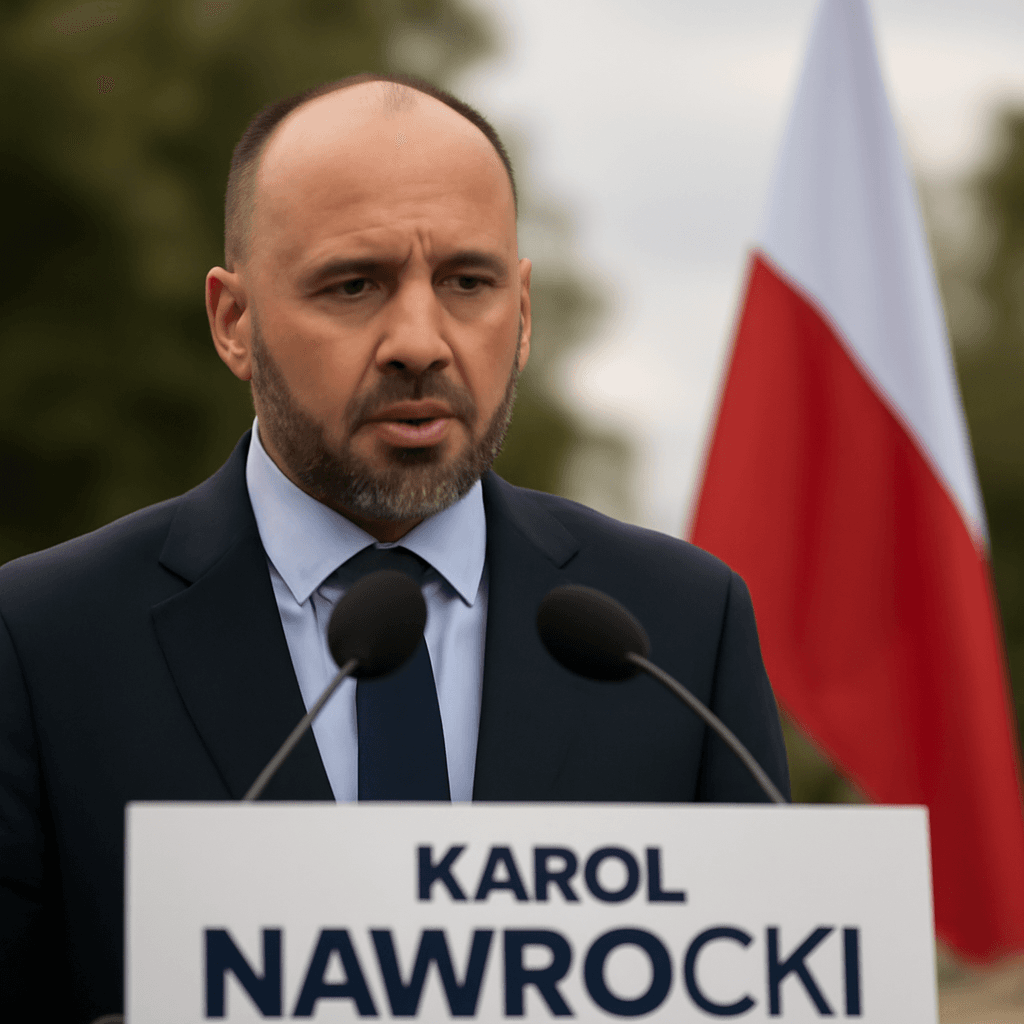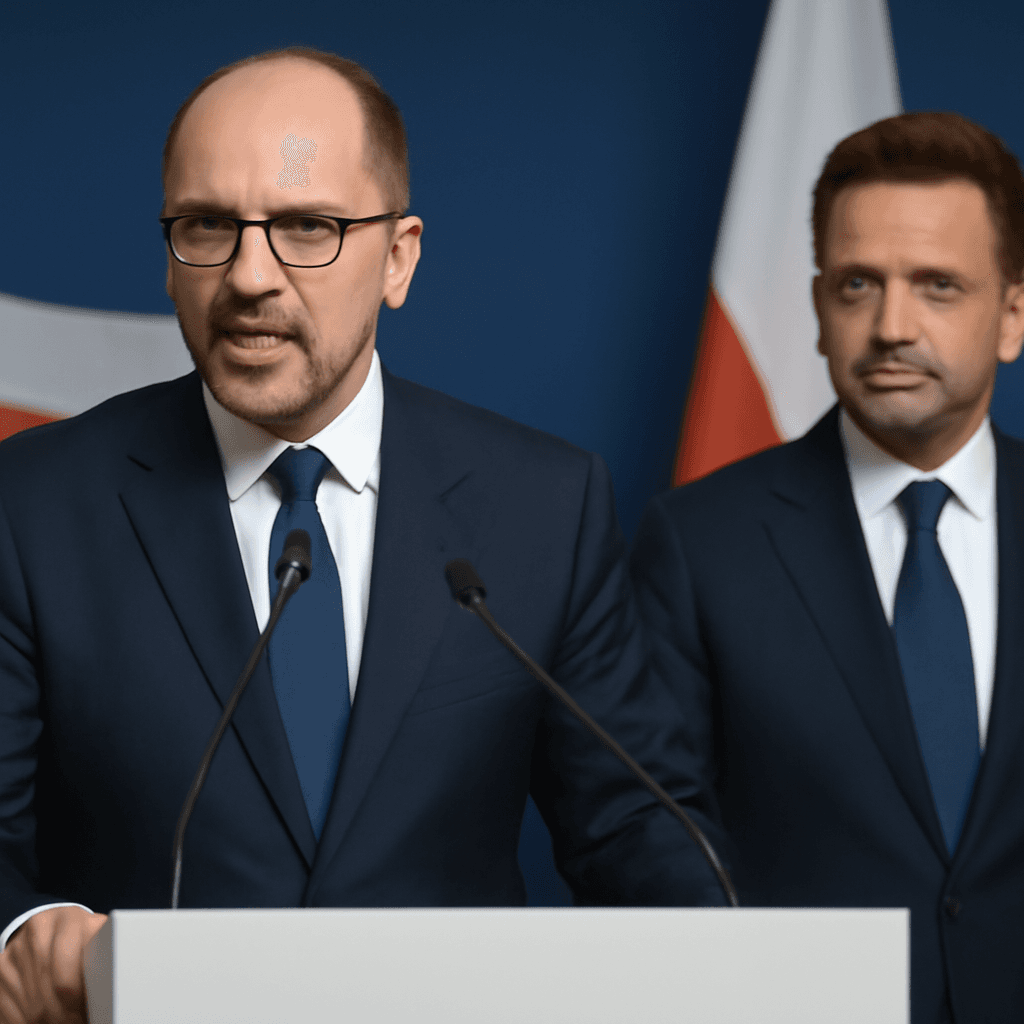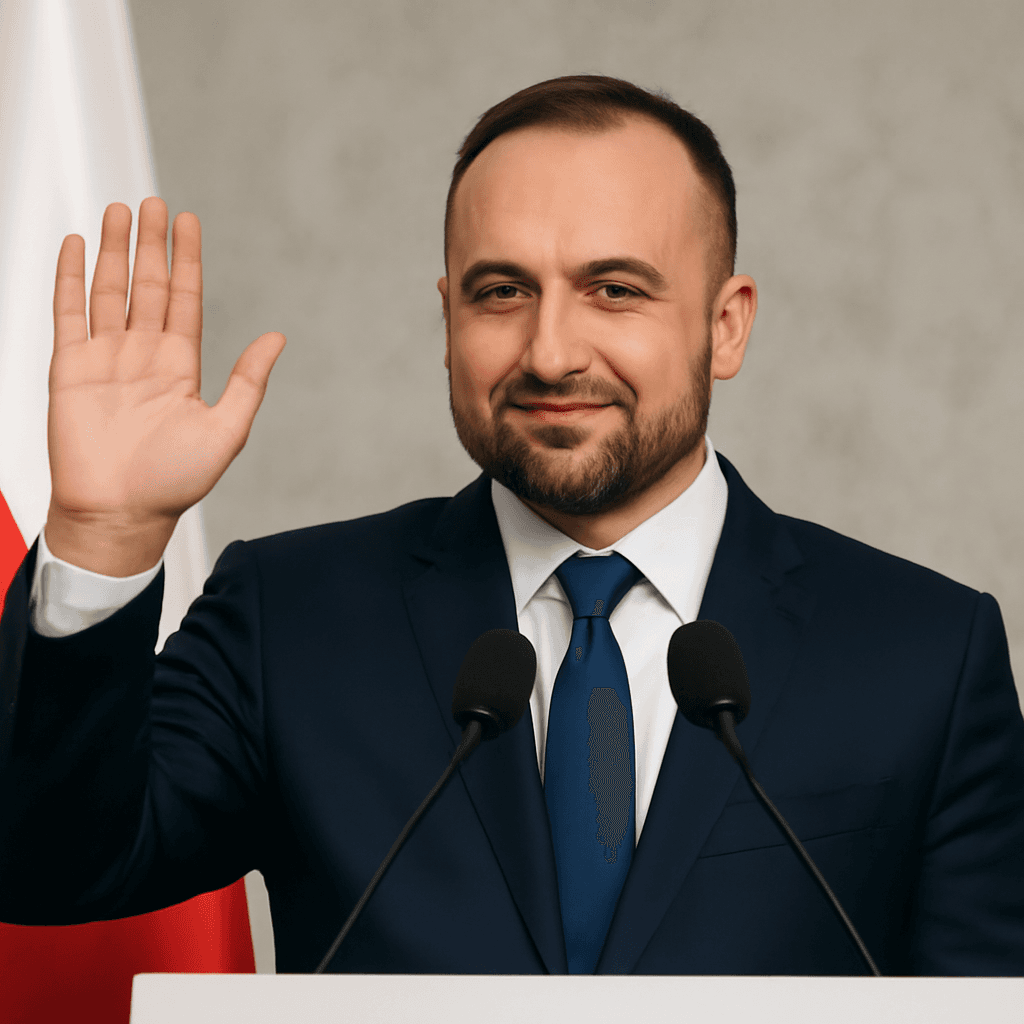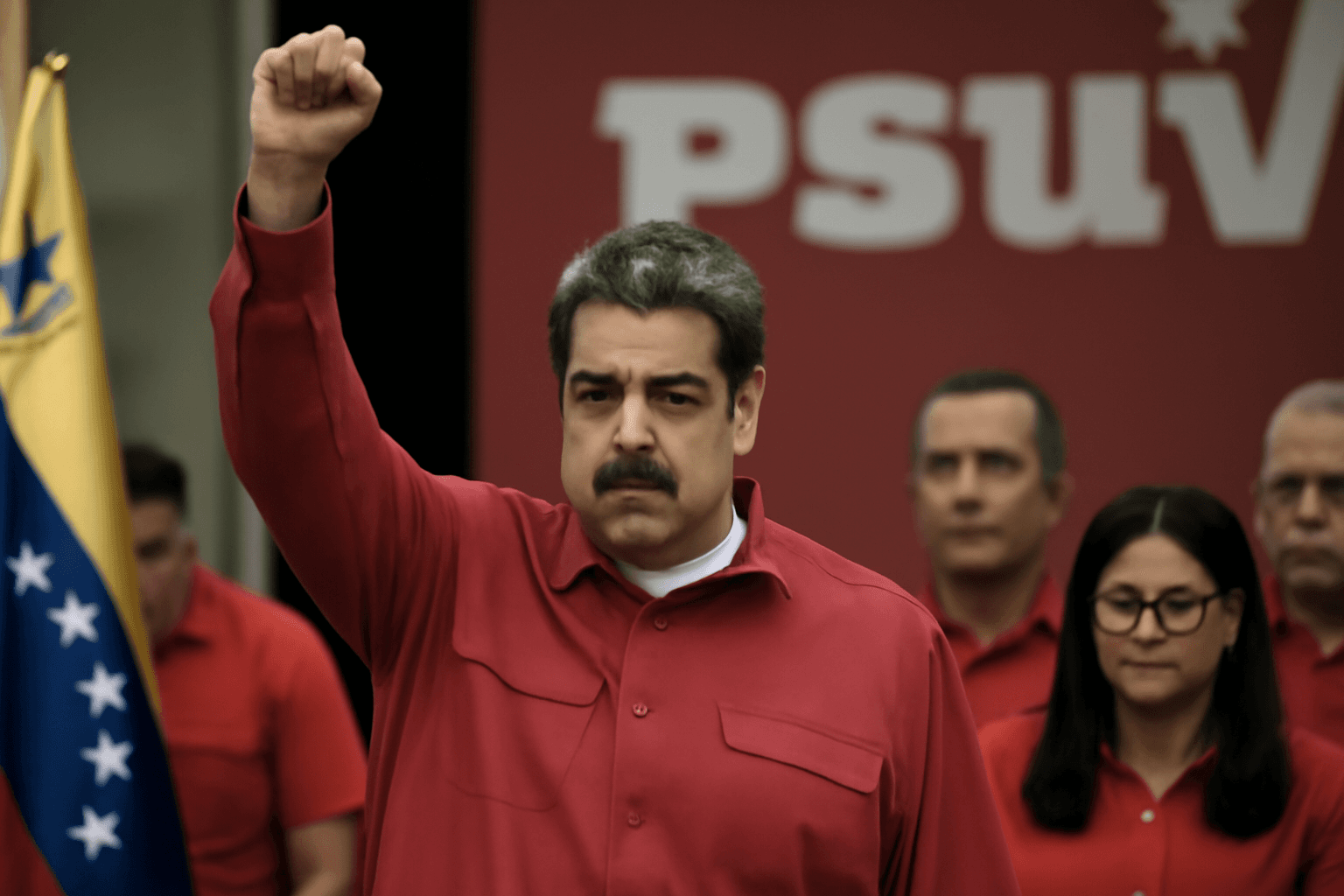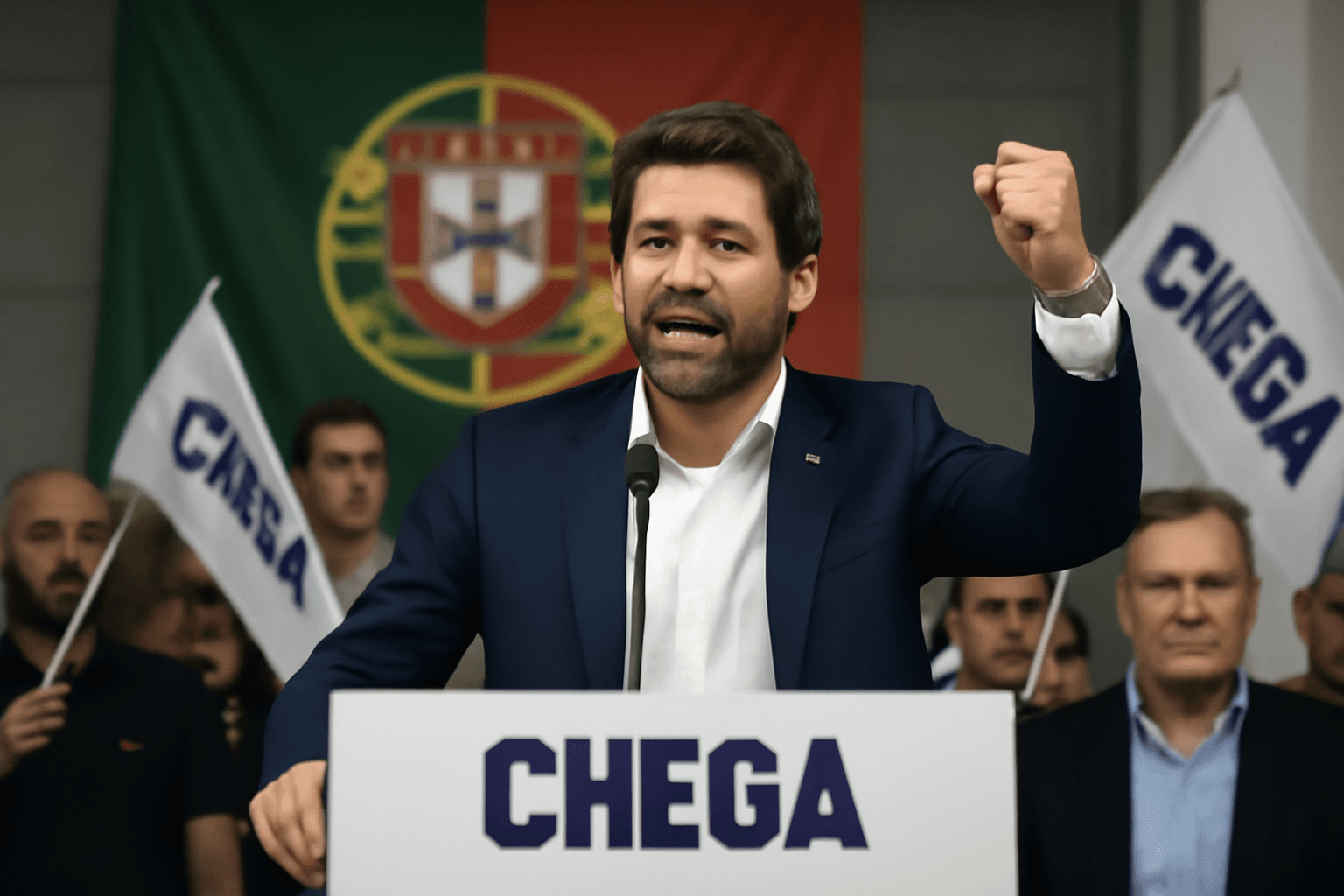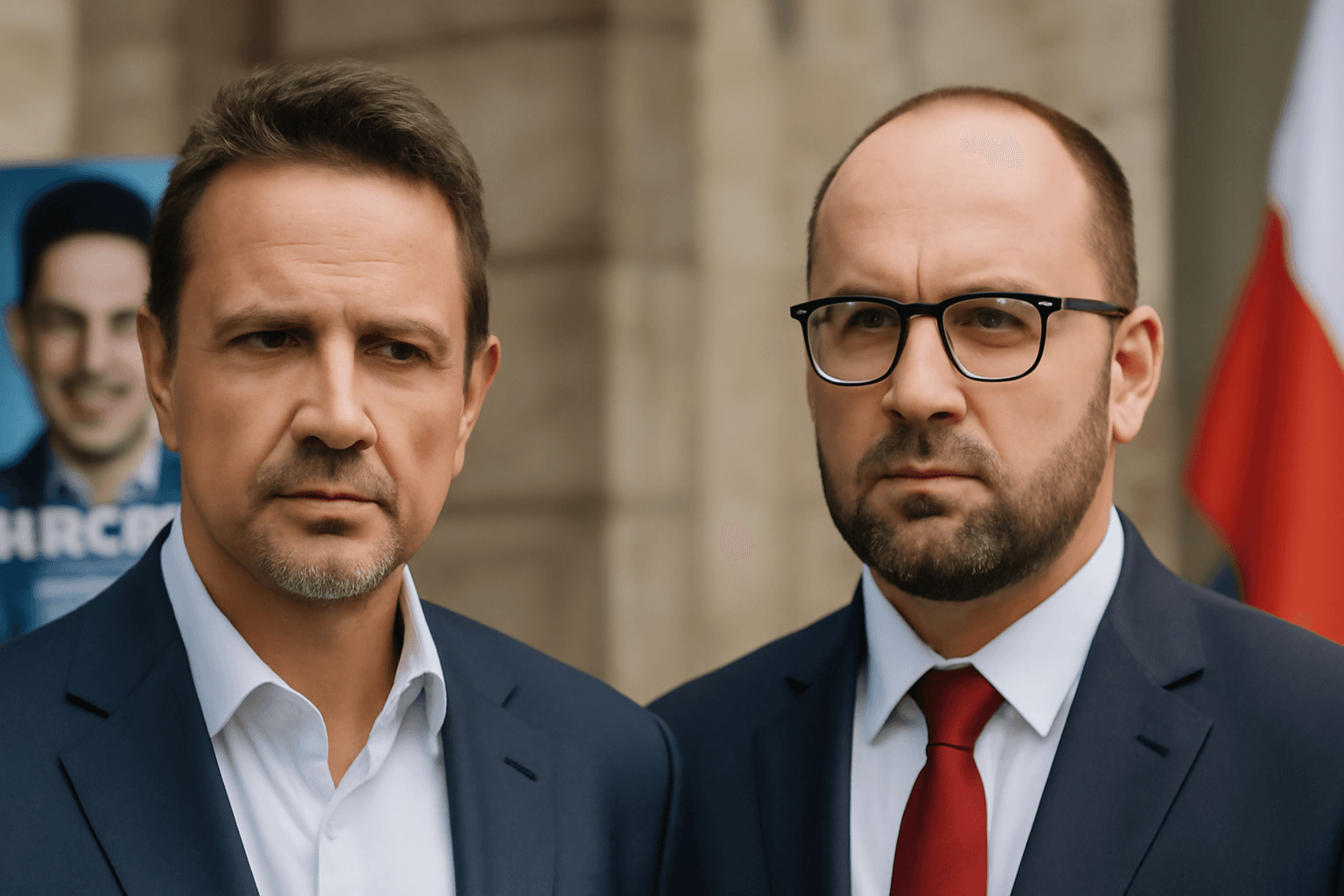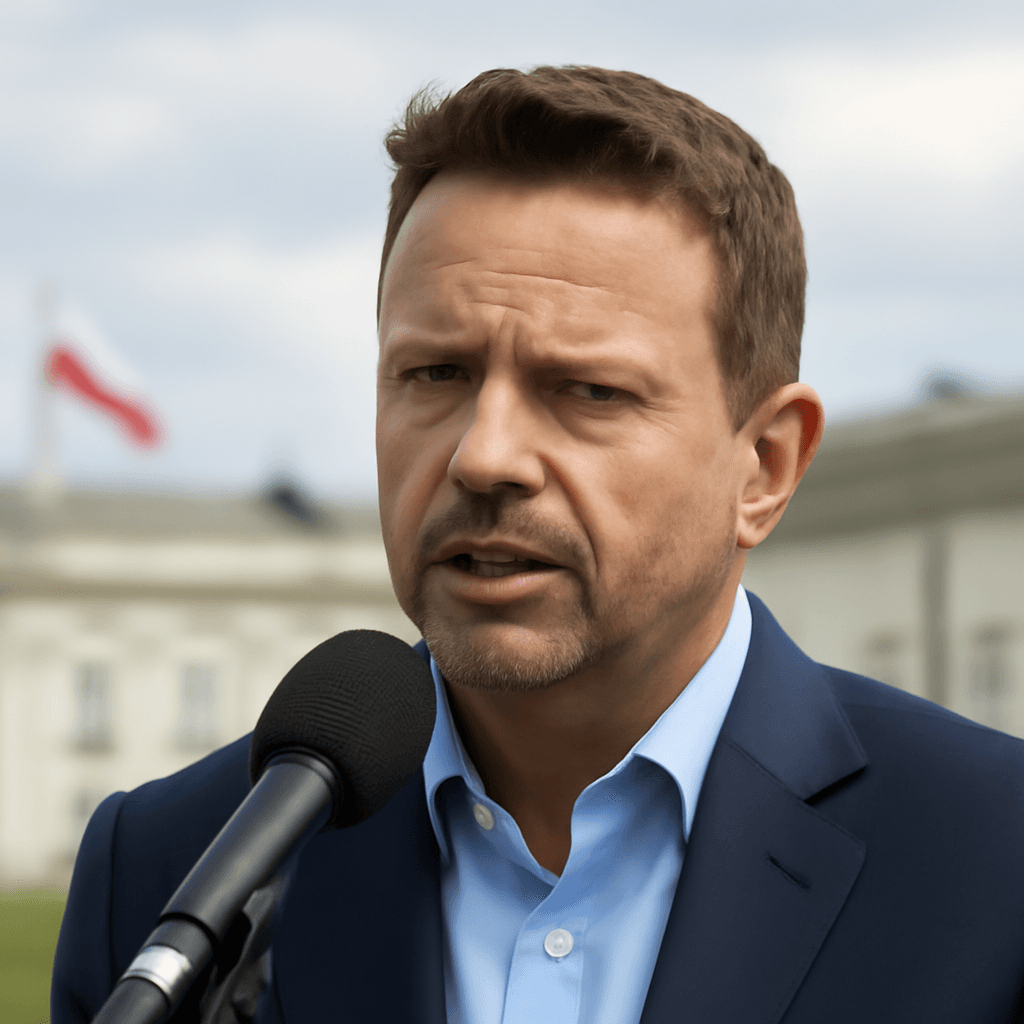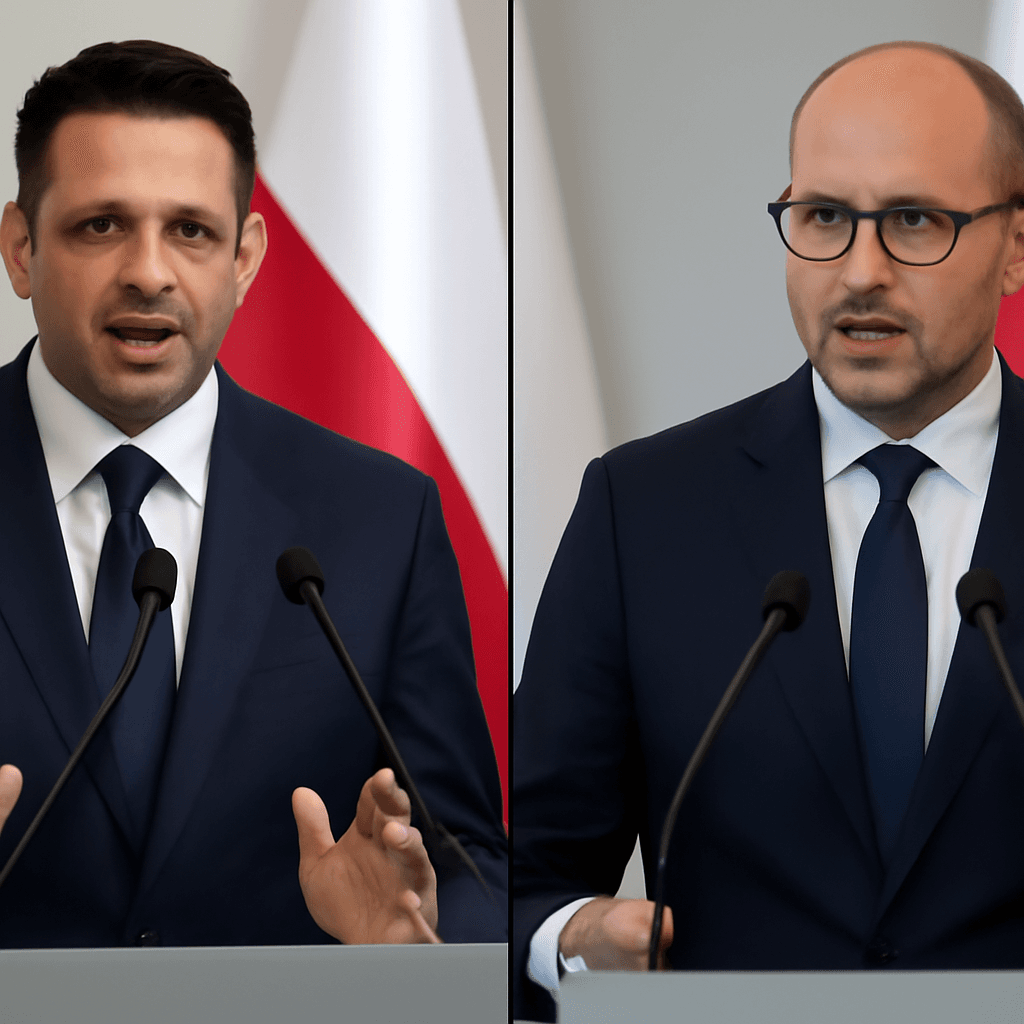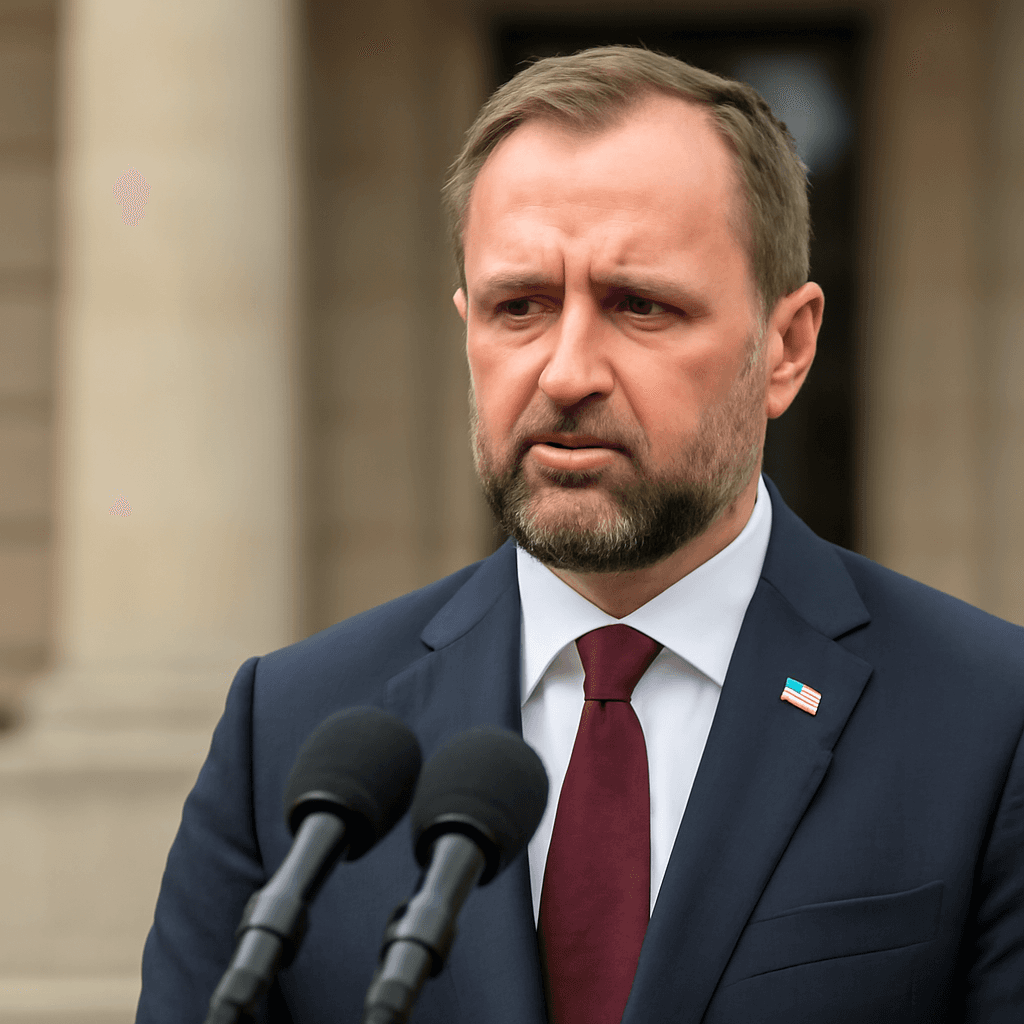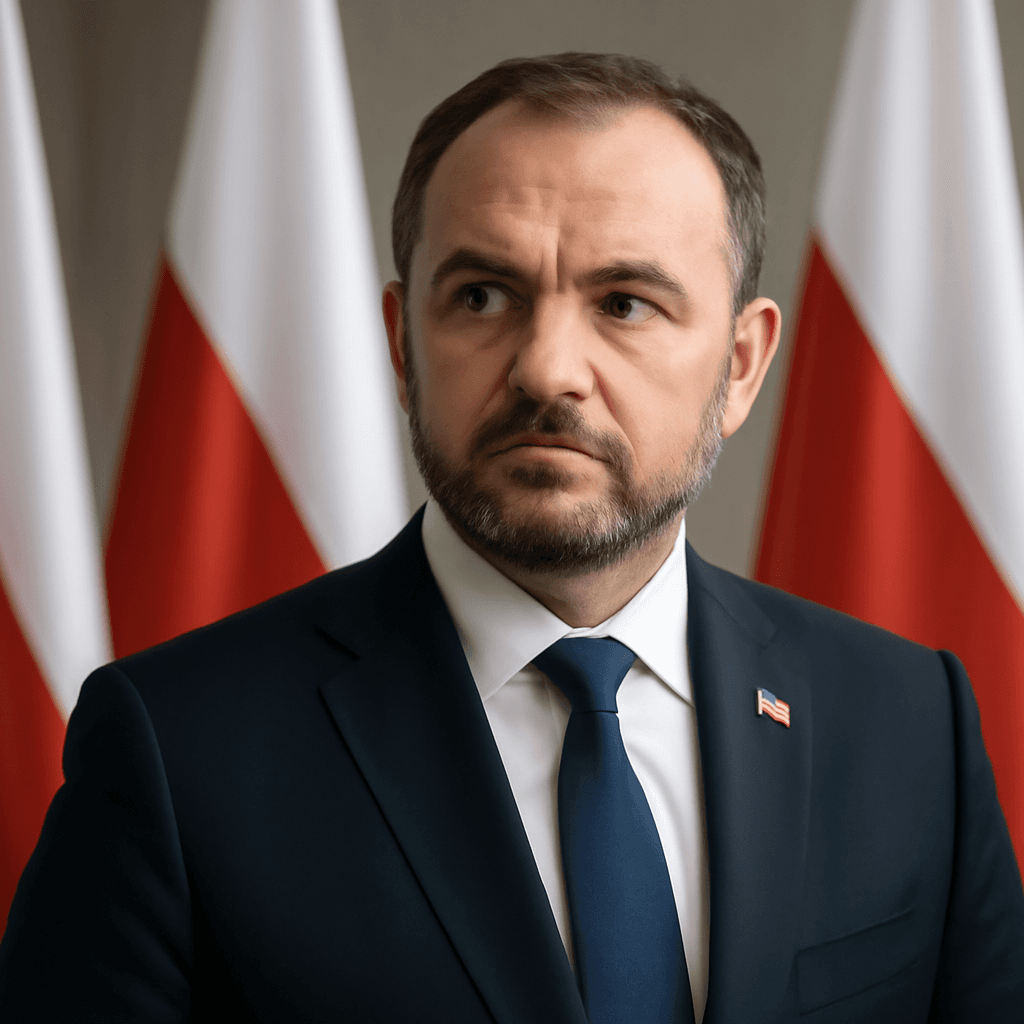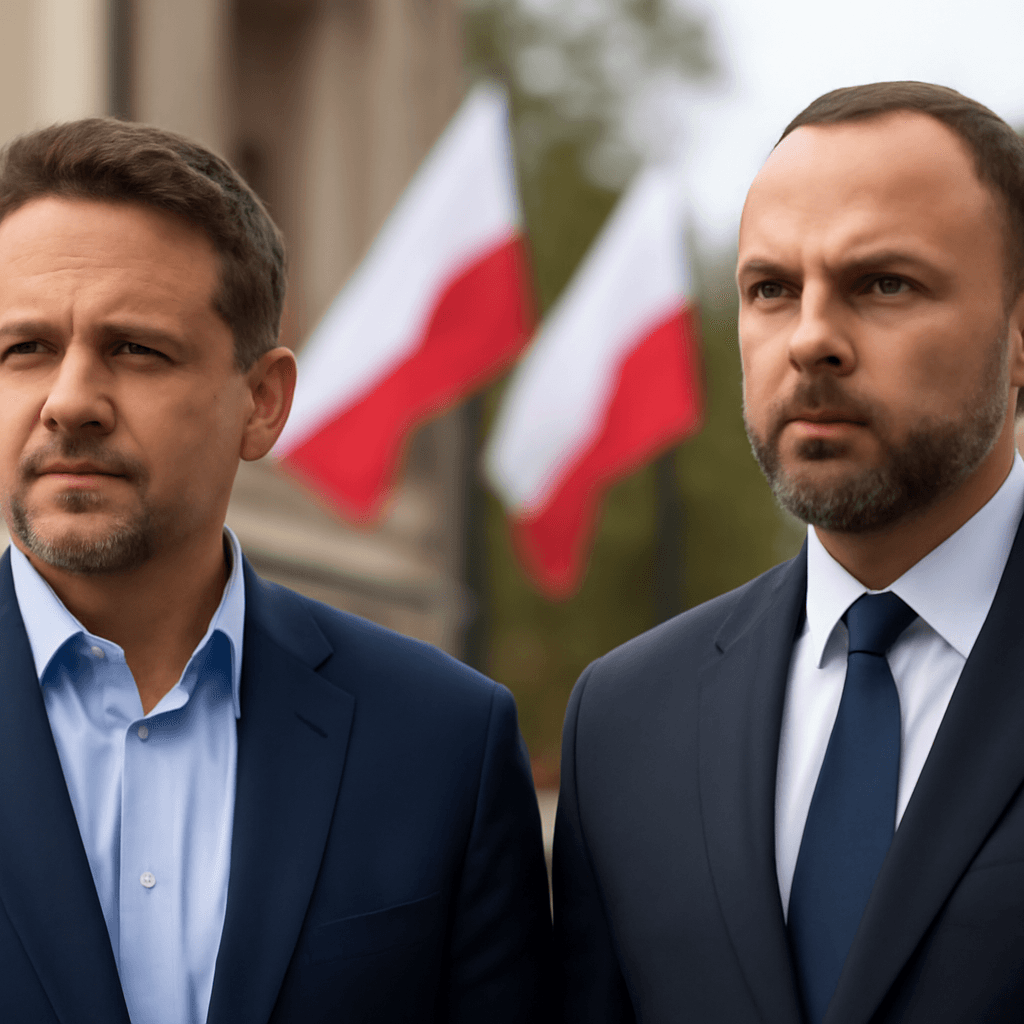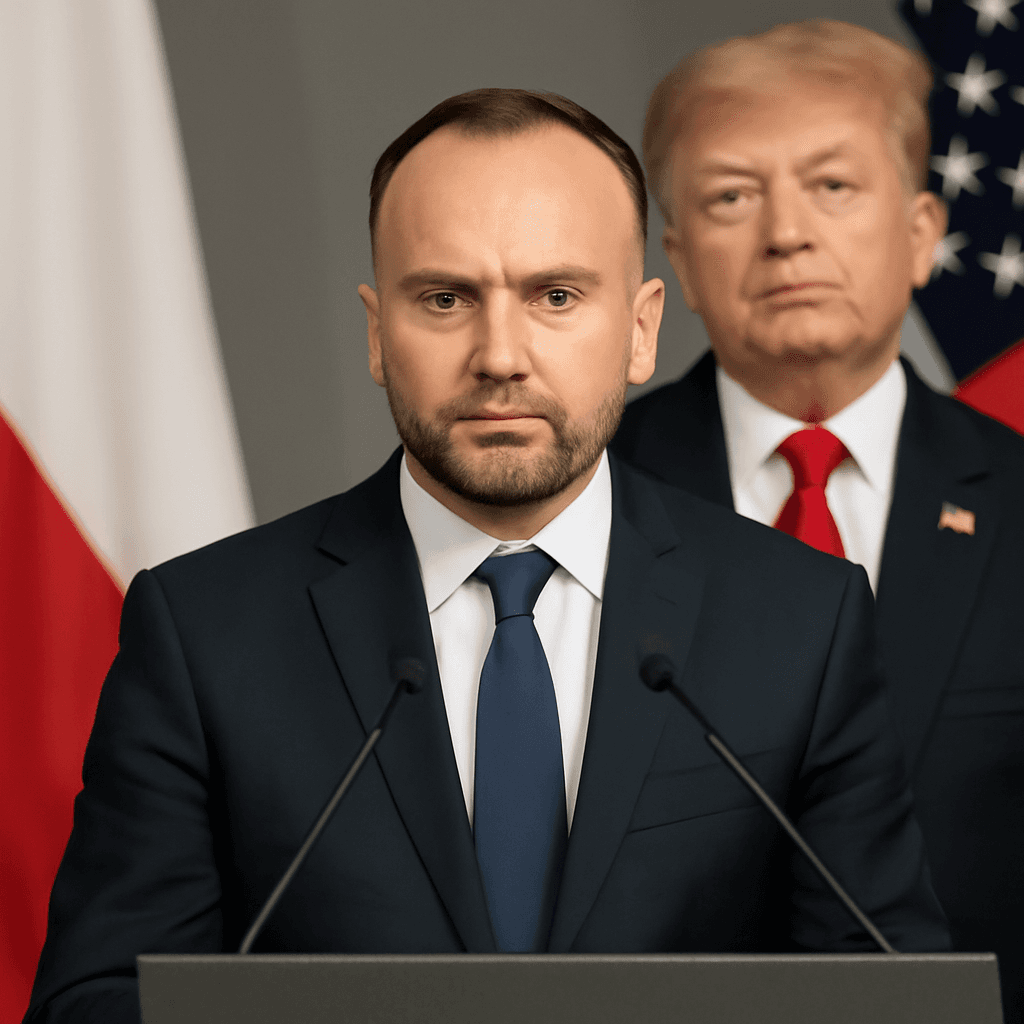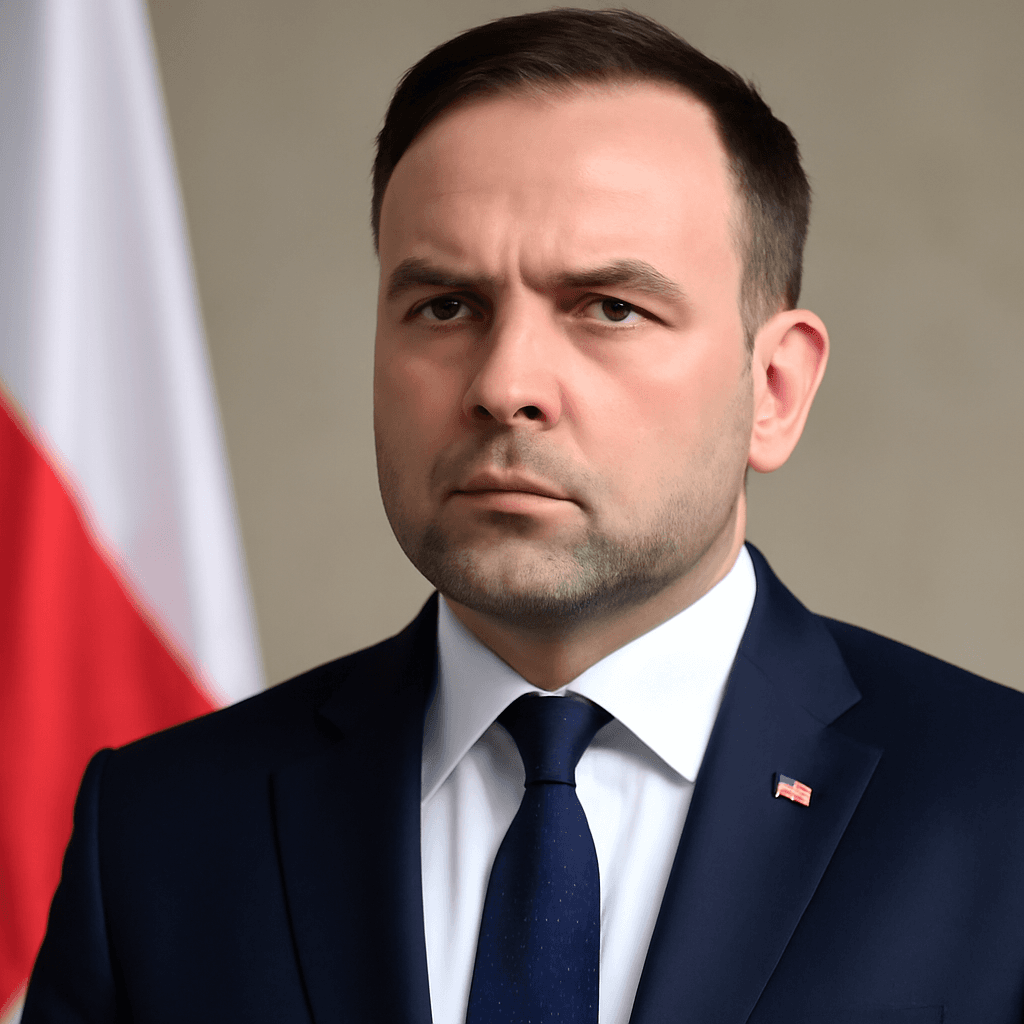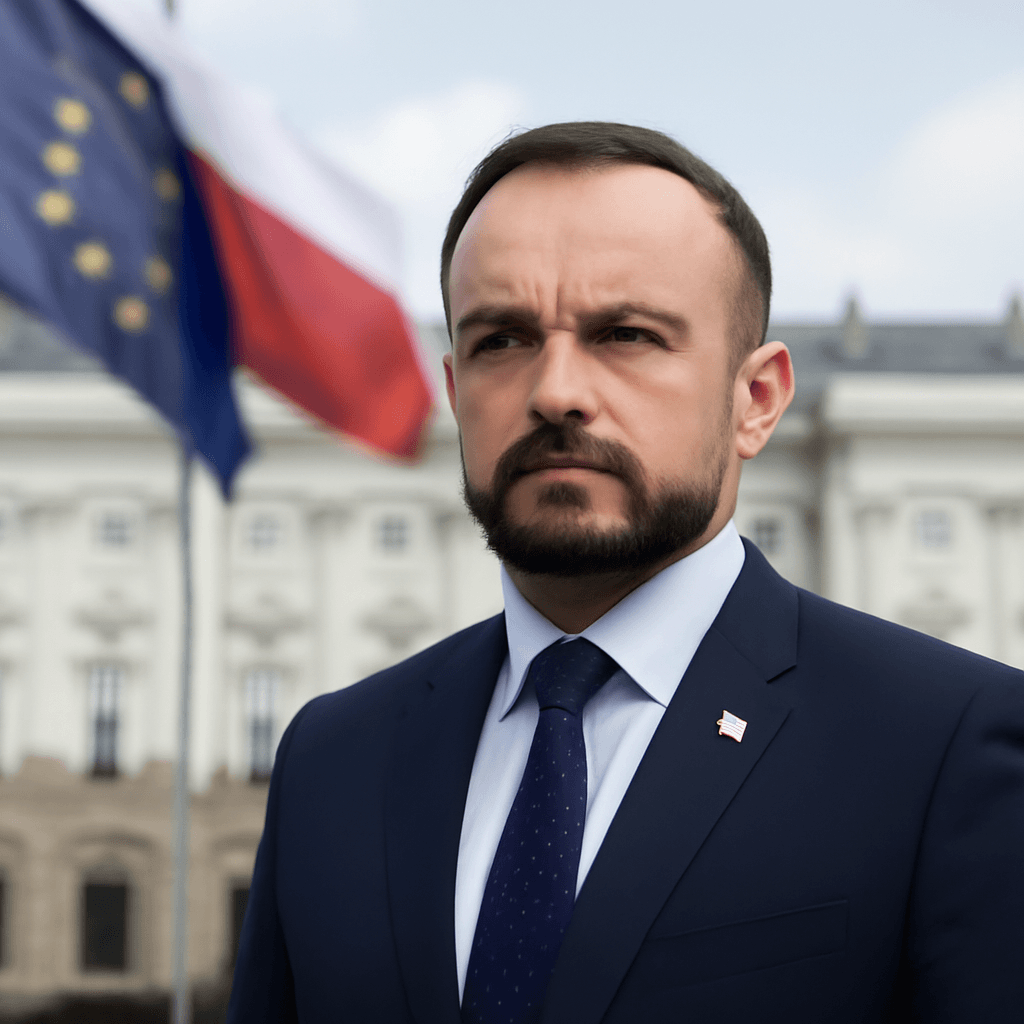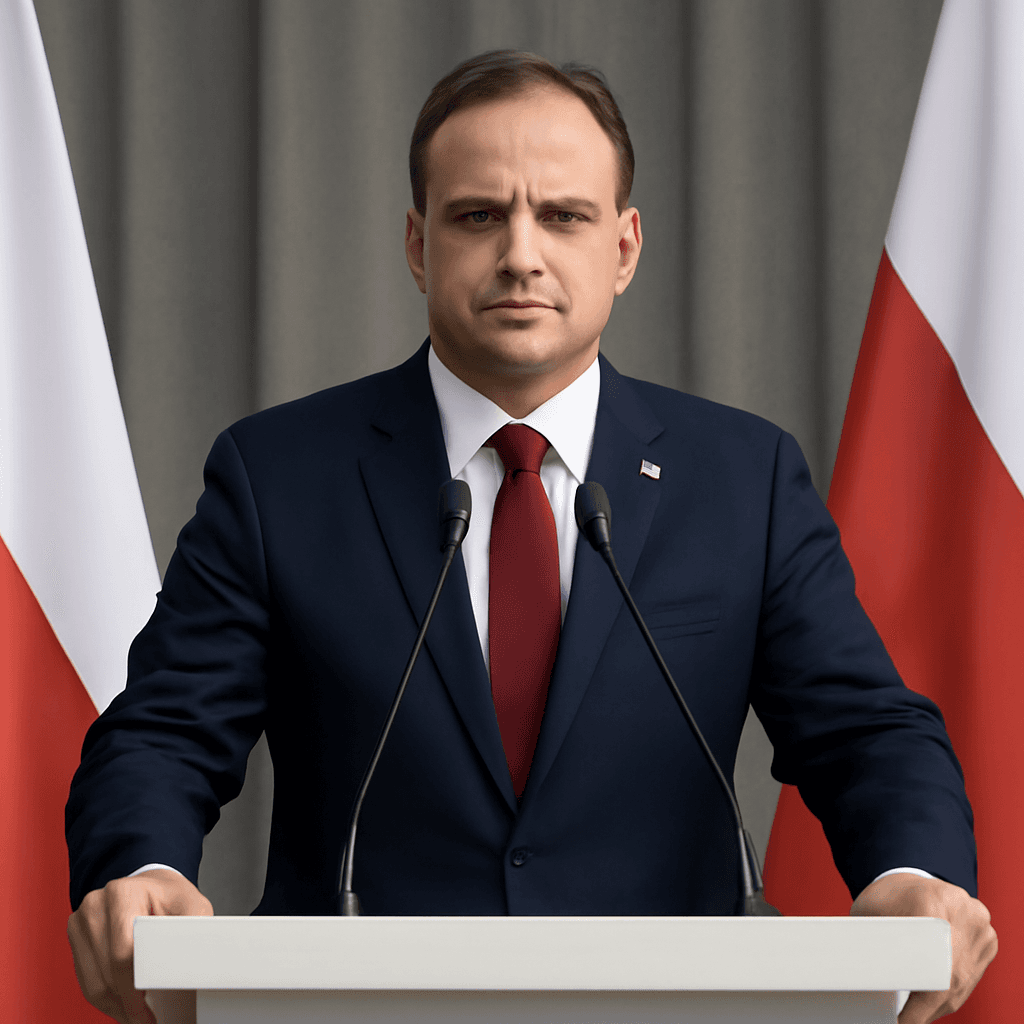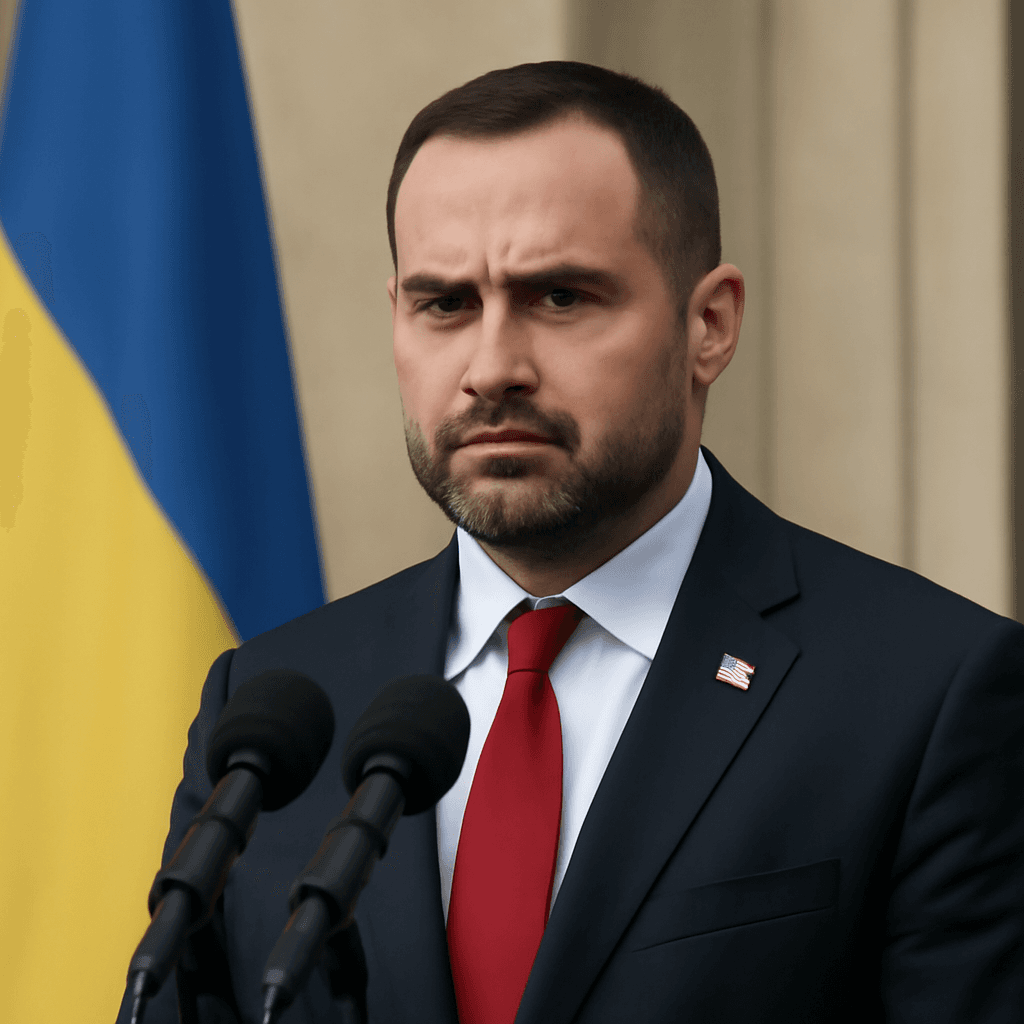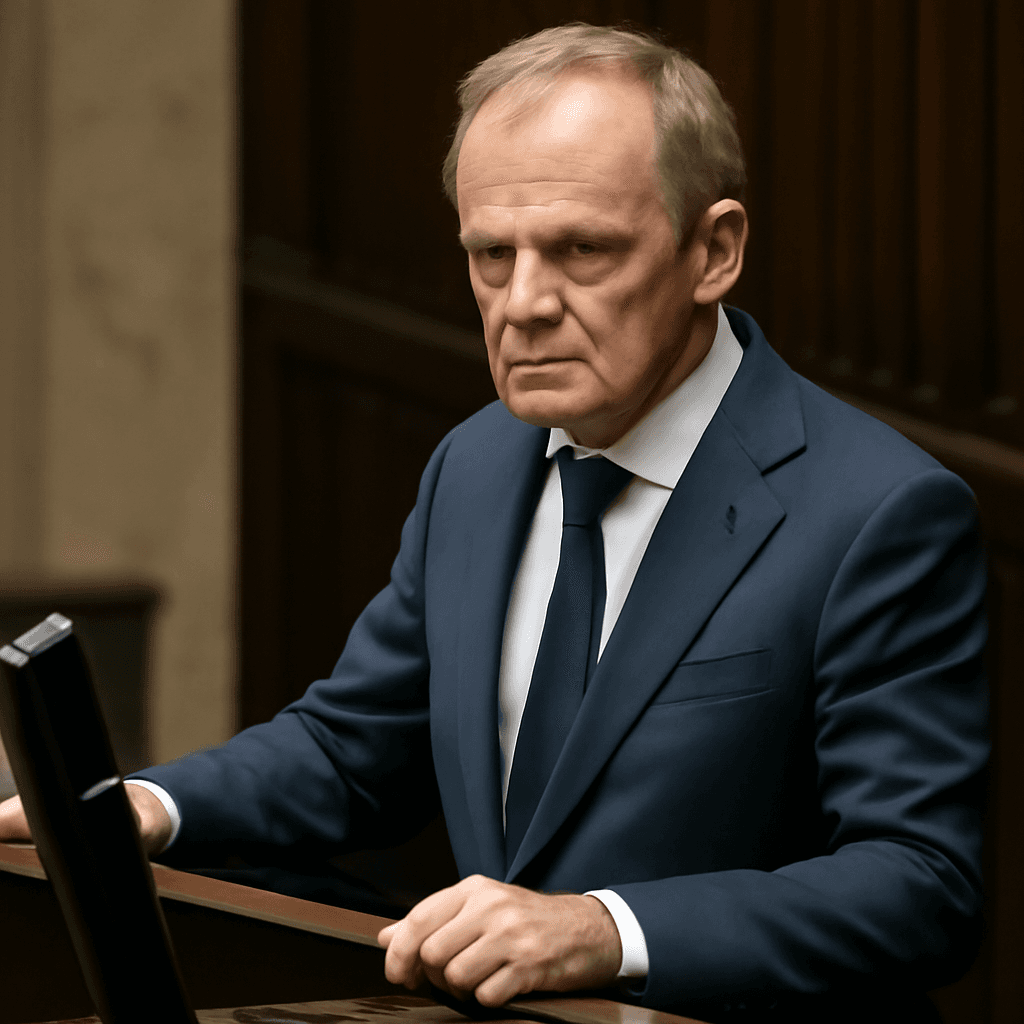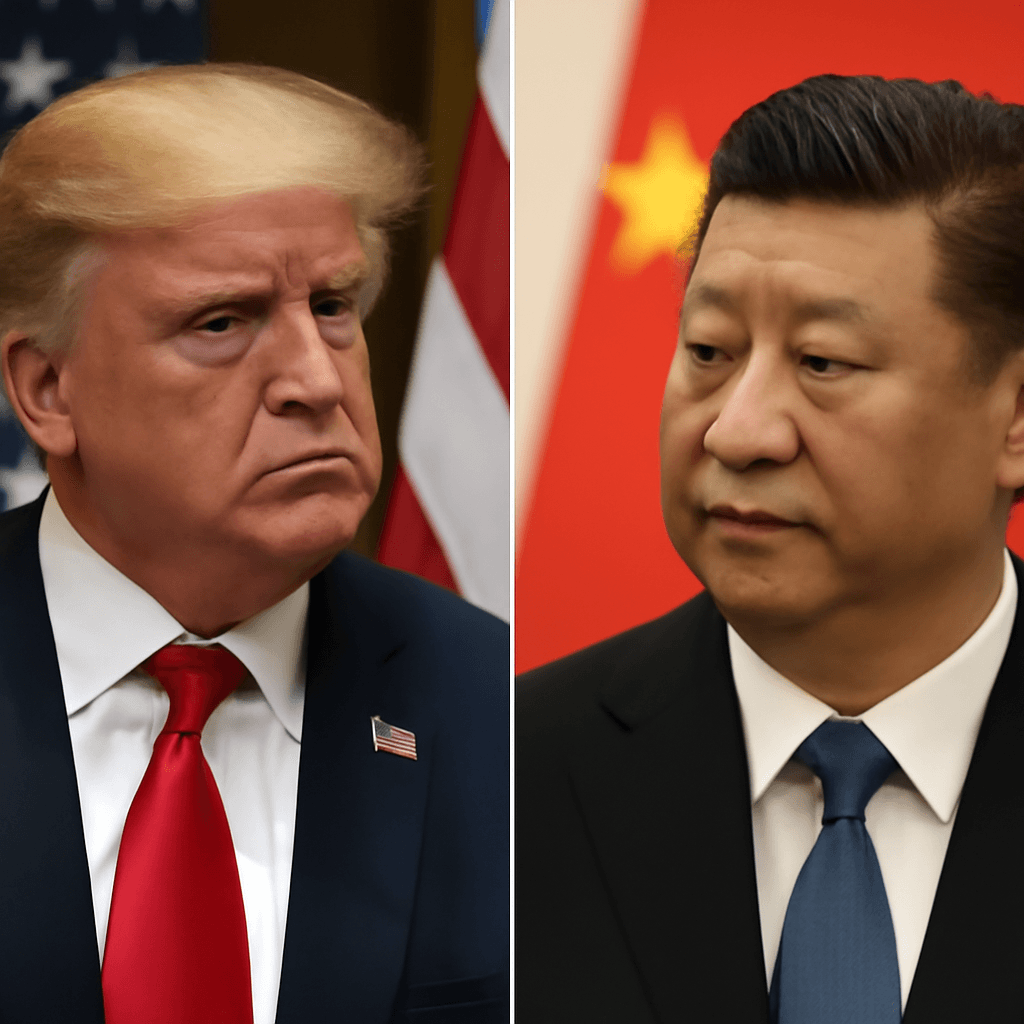Polish Presidential Election Sees Karol Nawrocki in the Lead
Poland's conservative candidate Karol Nawrocki has taken a narrow lead in the country's 2025 presidential election, according to late exit polls. The election is viewed as a critical test between Poland’s pro-European direction and a rising nationalist, Eurosceptic movement reminiscent of Donald Trump's style.
Initial exit polls showed Nawrocki securing 51% of the vote against liberal Warsaw Mayor Rafal Trzaskowski's 49%, reversing earlier readings that placed Nawrocki slightly behind. Official results were anticipated the following day.
Profile and Platform of Karol Nawrocki
The 42-year-old Nawrocki, a former amateur boxer and head of a national remembrance institute, campaigned on prioritizing Polish economic and social interests. His platform emphasized favoring native citizens over foreign nationals, including refugees from Ukraine. Nawrocki is officially independent but received backing from the nationalist Law and Justice party (PiS), which lost parliamentary power in 2023.
Presidential Powers and Political Context
While the Polish parliament holds supreme authority, the president holds veto power over legislation. This election drew international attention, notably from Ukraine, Russia, the United States, and the European Union, due to Poland's pivotal regional role.
Defense Spending and Support for Ukraine
Both candidates agreed on increasing defense spending to meet NATO commitments and continuing aid to Ukraine, currently engaged in a conflict with Russia. Nevertheless, they diverged on the approach toward Ukraine’s potential NATO membership:
- Trzaskowski: Advocates for Ukraine’s NATO membership, viewing it as essential to Poland’s security.
- Nawrocki: Opposes ratifying Ukraine’s accession to NATO to avoid entangling the alliance in war with Moscow.
This position aligns with Russia's demand to halt NATO's eastward expansion, which has been a source of geopolitical tension.
Election as a Referendum on the Government
Nawrocki positioned the election as a referendum against the pro-European coalition government led by Prime Minister Donald Tusk and his Civic Coalition party. Supporters of Nawrocki see his potential presidency as a necessary balance against the government’s reforms.
Trzaskowski vowed to support Tusk in advancing democratic reforms intended to restore checks and balances weakened under previous nationalist administrations.
Campaign Challenges and Social Issues
The campaign was marked by intense scrutiny of Nawrocki’s personal background, including investigations into property acquisition and alleged involvement in organized football hooliganism, which he denied.
Social matters also played a significant role, especially abortion rights. Trzaskowski advocated easing Poland's stringent near-total abortion ban, counter to the stance of outgoing nationalist President Andrzej Duda.
Regional and International Implications
A Nawrocki victory could bolster alliances with other Central European nationalist leaders such as Hungary’s Viktor Orbán and Slovakia’s Robert Fico. It may also energize Eurosceptic movements in neighboring countries, notably the Czech Republic, where opposition leader Andrej Babis leads polls ahead of the elections.
Further underscoring international interest, the U.S. provided support; for instance, U.S. Homeland Security Secretary Kristi Noem publicly endorsed Nawrocki during a conservative gathering in Poland.

